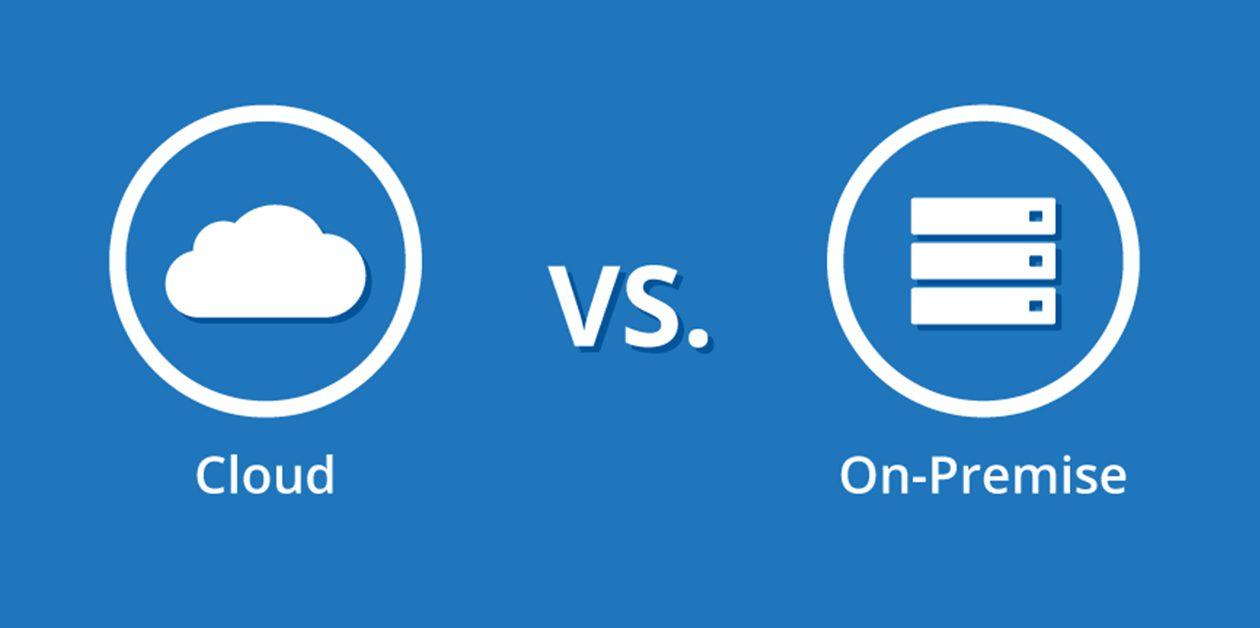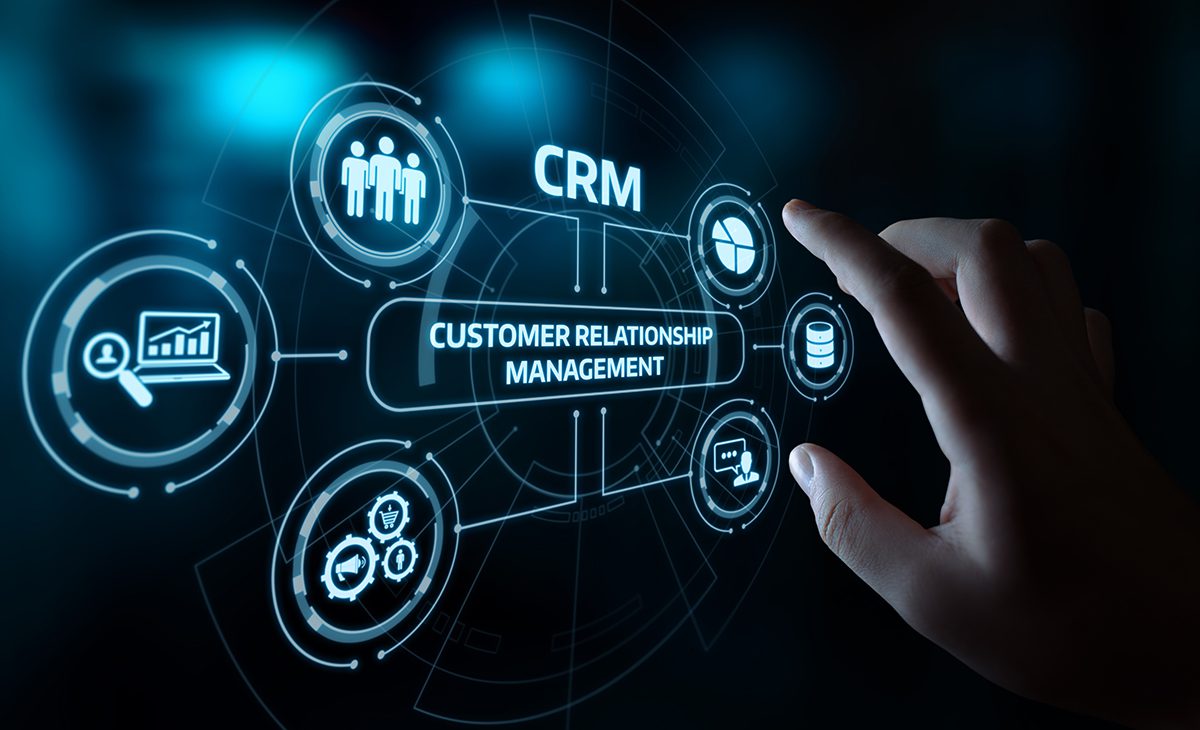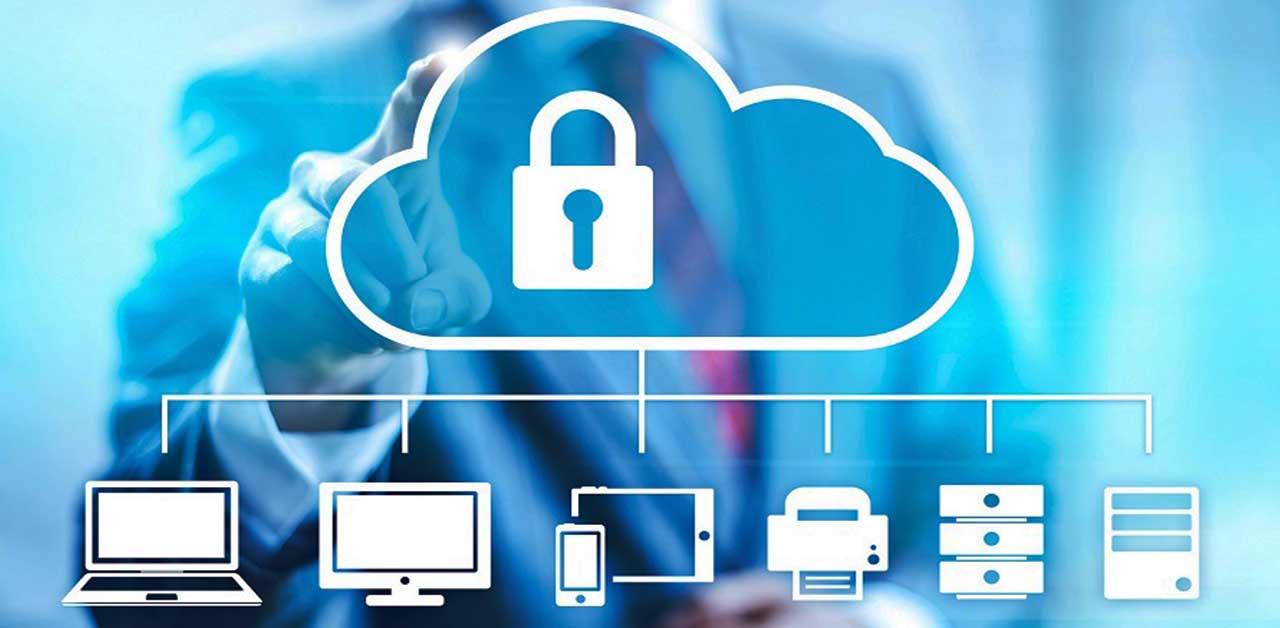Share
Read also

Trends & Views
Digital Transformation and AI in the Workplace?

Cloud
Explosive Growth in the Cloud ERP Market

Trends & Views
Digital Transformation Strategies for Success

Business Software
CRM for Small Businesses and Seamless Integration
Gradually, businesses are starting to realize that the migration of their data and applications (like ERP) to a trusted cloud vendor will not lead to some… terrible disaster. On the contrary! Cloud ERP has been increasingly winning over small and medium-sized businesses that clearly perceive the advantages of cloud solutions in relation to on-premise ones.
Let’s take a look at some of the most interesting reasons why cloud solutions are so attractive.
Lower investment cost
One of the main advantages of ERP solutions is that there is no need for an upfront hardware purchase. Considering that you’ll be buying your subscription from a cloud solution provider, it is not necessary to install new servers to host your applications or databases, or even hire new people to install, monitor and manage both ERP hardware and software. Your subscription is all it takes; your provider will handle the rest.
Essential security
For quite a long time, many business executives believed that storing sensitive data in the cloud, contradicts the standard security practices. They thought that an on-premise solution would be completely controlled and therefore “airtight” in terms of security. Later on, they began to realize that cloud ERP providers offer a highly secure environment in most cases. The right people are employed to manage the tools and applications that will keep the company’s data safe. And of course, the responsibility lies on them to check for security gaps and fix any system vulnerabilities. After all, when it comes to security, a well-chosen provider is your most reliable partner.
Scalability
The main disadvantage of on-premise solutions is that scaling is a cumbersome (if not impossible in some case) process, which in fact entails a significant cost. On the other hand, one of the benefits of cloud ERP is that with the cost of a subscription, you can easily upgrade your services to meet your business needs. As your business grows, you can easily add more features. Obviously, this is also true the other way around.
Availability – anywhere, anytime
It is the very nature of cloud solutions to enable access to your applications from anywhere. This means that your staff can also have access from various locations, even if they need to use the ERP while at home or during a meeting.
Support
Since ERP vendors actually own both the hardware and the software, they offer around-the-clock support to their customers. Unlike on-premise hosting, which often requires customers to buy support packages, cloud solution providers offer support as part of their services, including software upgrades.







